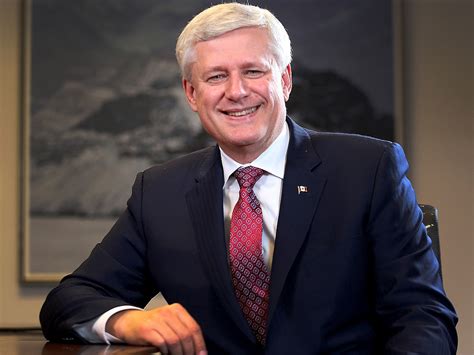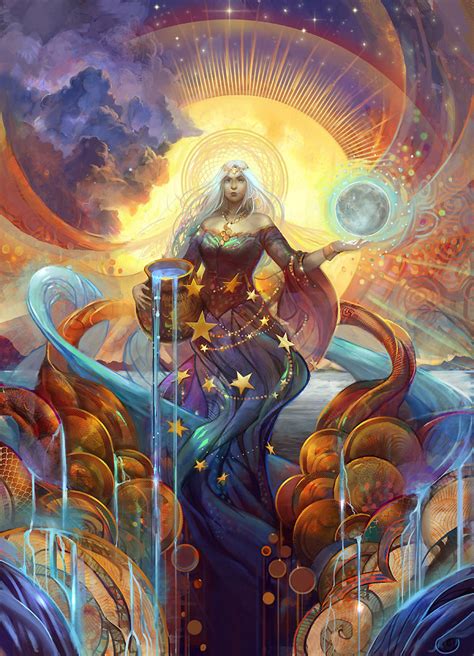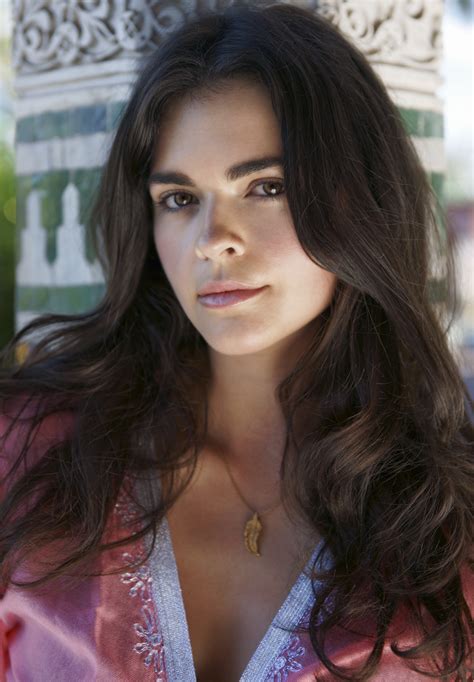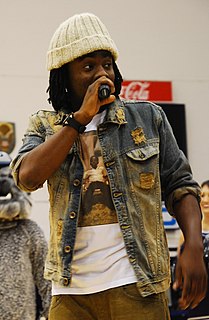A Quote by Nadine Labaki
Movements like Time's Up and #MeToo are putting the problems out there and creating conversations about the issues, and that's really how the healing process starts.
Related Quotes
If the pitch starts with a sob story, I'm out. If the pitch talks about personal issues, I'm out. If the pitch starts off with how big the market opportunity is, I'm out. If the pitch tells me what is unique about the product, how it can make a profit, and it's an area where I have expertise, I will read on.
When I'm really plugged in I find it difficult to write. It's like digging a well. If you make a void, something moves in to fill it. Writing books is like that. It's mostly about freeing up time, doing nothing, and in that time some writing starts to happen. We need to figure out how to maintain those voids.
I heard, one of my producers told me this story where like the Hollywood studios brought all these high-end consultants in to try to figure out how to improve their process and make films more efficiently, and these consultants like studied the process for years and finally came up with this report they put together about how studios can improve the efficiency of their process, and the conclusion was "have the script ready by the time you're shooting.
I think I've learned a lot about how to make movies, and particularly about how to edit movies by thinking about how similar problems are resolved in other forms. The issues in all forms are the same in an abstract sense, aren't they? Characterization, abstraction, metaphor, passage of time... Whether it's a movie, a novel, a play, or a poem, those issues exist. And each person resolves them differently.
As a writer I'm committed to exploring what I call "The invisible things" - the things that people aren't talking about. I think that's where the juiciest conversations and the juiciest drama lives. My goal with the series is to get people talking about and reflecting on how issues of race play out in their own lives. Since I've spent a fair amount of time watching time travel shows and movies where the leads are White (and can blend in really easily no matter the time period) I thought I would turn that on its head and see what might happen.
I just really enjoying creating in general; I used to also write stories and play music and do different crafts, but illustration ended up being the creative outlet that I focused on for my career. I feel like illustration gives me the flexibility to tackle more abstract or loose ideas, as well as just enjoy the process of putting time into developing a skill.
Not to sound bad, but some girls are dumb. It's because they spend so much of their life trying to have the right look. On the other hand, some girls are just really smart. There are girls you can have conversations with that are healthy conversations. You can argue real life issues and solve problems together. That is what makes a woman sexy.
What's more important is that we talk about movements; change happens through movements. The movement to end slavery, the movement to bring justice for those who have been left out of the system, movements to include women, movements around sexual preference - all these movements brought about change.
My career was always about working with people, and understanding issues and problems and helping them to solve those issues and problems. How you deal with people - that's what diplomacy is all about. So while I'm not a career diplomat, many of the skills I had seemed to directly translate into the diplomatic arena.




































